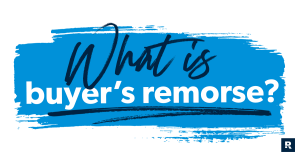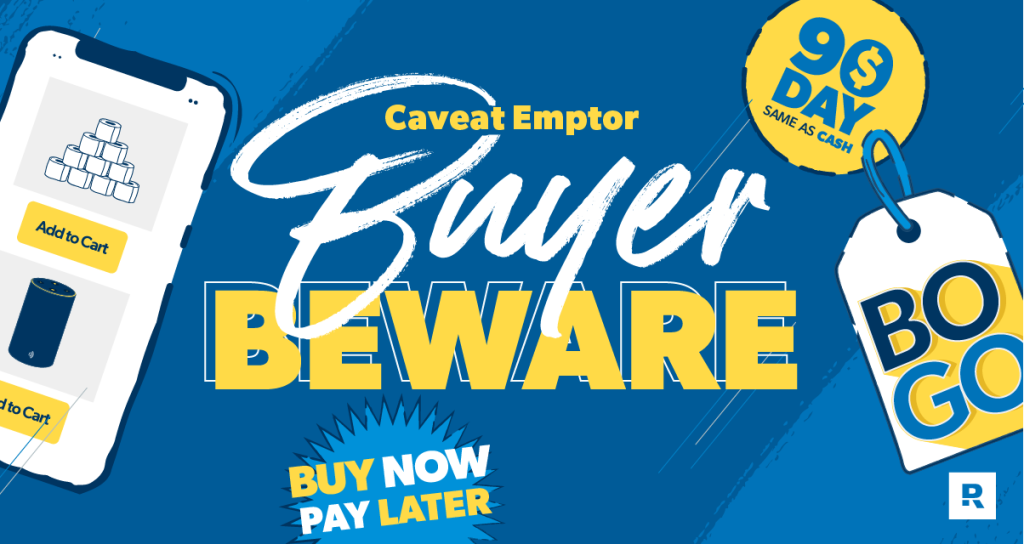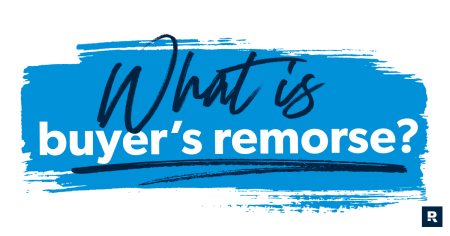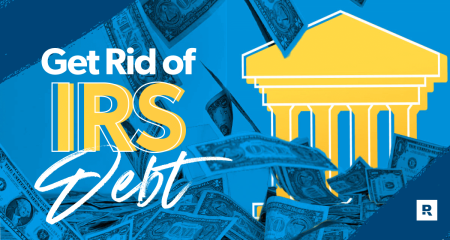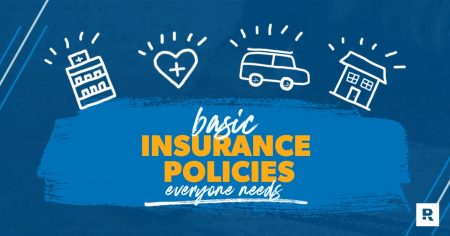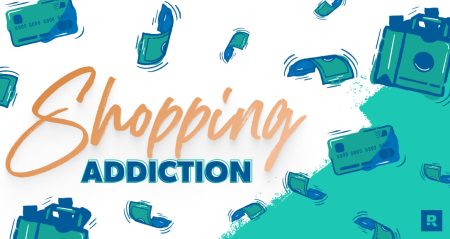There’s an old saying—caveat emptor, or “let the buyer beware” in Latin. What exactly should you beware of? Well, whether you know it or not, you’re being targeted every day by companies who want you to buy now and think later. And they’ve come up with some pretty clever ways to get you to part with your hard-earned cash.
But just because they’ve got a few tricks up their sleeve, it doesn’t mean you have to take the bait! We’re breaking down the top marketing tactics businesses use to make you spend more, plus some tips to help you stay in control the next time you’re walking the aisles or doing some online shopping.
What Does Caveat Emptor Mean?
Caveat emptor actually started as a piece of real estate law. It means the risk of a purchase falls on the buyer, not the seller. In other words, if you’re buying a house, it’s your responsibility to request an inspection, check out the neighborhood, and ask specific questions before you buy.
If you discover after closing on a house that the wiring is wonky or the neighbors love to throw wild parties on weeknights—well, that’s on you. (The only exception would be if you can prove the seller or inspector intentionally didn’t tell you about any major problems, like mold or structural issues.) Not all states have a caveat emptor law, but you should always do your research before you sign on the dotted line.
And caveat emptor doesn’t just apply to real estate. In a world where everyone is constantly selling you something, it’s your responsibility to make smart purchases. To do that, you need to be aware of all the ways companies fight for your attention. Your favorite store might make it seem like you, the customer, are their number one priority. But let’s be honest, their main goal is making a profit.
That doesn’t mean you need to go off the grid and never buy anything again. But it’s up to you to have a good spending defense strategy so you don’t waste your money on things you don’t need. Remember, money doesn’t make purchases—you do.
Beware These Top 6 Marketing Tactics
Americans see thousands of advertisements every day, and brands do a ton of research to find the best ways to get your money. It’s literally their job. Chances are, you’ve already fallen for a few of their tricks. But as consumers, it’s our job to be more conscious of what we’re buying and why we’re buying it.
Here are some of the top strategies businesses use to get you to spend more.
1. Personal Selling
From the car salesmen at the dealership to an old classmate pitching you a new “miracle” product over coffee, it’s hard to say no when you’re being sold something face to face. And companies know this. A lot of people would rather just buy whatever it is to avoid hurting a friend’s feelings or to get the person to leave them alone.
But guess what? You can say no. In fact, if you know you don’t need what the person is selling or you can’t afford it, you should say no. Otherwise, you’ll be roped into buying every weight-loss shake, encyclopedia and Girl Scout cookie that crosses your path. And if you don’t want to seem rude, feel free to politely say, “No, thank you.”
2. Product Placement
Spotting that new coffee creamer for the fourth time at the grocery store is not the universe saying you need it—that’s just really good marketing. Whether it’s placing the pricier items at eye level or hiding popular items where you’re more likely to get distracted by something else, store layout is no accident. Companies pay to have their products placed strategically to get you to add more to your cart.
Start budgeting with EveryDollar today!
But don’t follow your eyes—follow your budget. The best thing you can do is have a list to keep you on track. You can also choose the pickup option if you know you’re going to be tempted as you walk down the aisles.
3. Brand Association
Brands know that people want to belong. If they can get you to believe their brand will make you cooler, smarter, better-looking or fill-in-your-adjective-of-choice, they can convince you to buy anything they sell. People will purchase more expensive products simply to show off their Nike swoosh or the glowing apple on their laptop.
And it’s not just for the big things like clothes or electronics. We even choose brand names for everyday items like food and toilet paper. But just because something is a certain brand, it doesn’t mean you need it or even that it’s better quality. It’s always best to do your research first.
4. Sales and Promotions
Clearance! 75% off! Last chance! If we see a flashing SALE sign, we’re more likely to justify buying something. Businesses know exactly what words to say to make you think you’re getting an amazing deal or that you’ll miss out if you don’t buy right now. And how many of us have been talked into buying something simply for the free shipping?
Yes, discounts are nice. And if you’re already planning on getting that new pair of shoes or tube of toothpaste, then, by all means, take advantage of the savings! But don’t let your FOMO make you fall for a BOGO. Just because something is on sale, it doesn’t mean you need it. So, stay calm and don’t be afraid to unsubscribe from marketing emails that pull you in.
5. Convenient Payment Methods
It’s no longer a matter of having cash in your pocket or pulling out a piece of plastic. Nowadays, you can buy something without ever opening your wallet. Apple Pay. PayPal. Amazon Prime. Their payment methods are so convenient, they’ve made spending virtually painless. You only have to think you want something, and your package is already on its way to your front door. But then the end of the month comes, and you have no clue where all your money went.
So, do what you can to make paying less convenient. We know that sounds like we’re asking you to stop using electricity and running water. But the more of a hassle you can make spending, the less likely you are to buy things you don’t need. Go ahead and delete your payment info from your favorite online stores to give you some time to think before you click Buy Now.
6. Financing
90 days same as cash. Four easy payments. Zero-percent APR. The buy now, pay later craze has made it super easy to go into debt for things you can’t afford. Don’t have the money right now to buy that Instant Pot? Hey, that’s okay. Just give us part of your paycheck every month so we can keep charging you interest. By the time you’ve managed to pay off your pressure cooker, you’ve spent way more than you would have if you’d just paid for the whole thing up front!
Here’s the deal: If you can’t afford to pay the full amount in the moment, you can’t afford it. Period. Yeah, that means you might actually have to practice some patience and save up for those AirPods or designer jeans. But you won’t have to worry about making monthly payments on them for the rest of your life.
Power Over Purchase
So, now that you know some of the sneaky tactics businesses use, what do you do about it? First, remember you are not helpless. You can take the power back! And that starts with SMART spending. Here are some questions to ask yourself before you buy something.
Self-Awareness
Will this add value to my life?
Yeah, there are some great products out there that can make your life easier, but it’s best to buy things you know you’ll actually use and not just another item that will sit in your closet or take up space in your garage.
Motive
Am I buying this for the right reasons?
There’s nothing wrong with wanting to look cool. But if you’re only buying something to impress people, you’re always going to be chasing after the Joneses. Look, don’t let comparison be an excuse to make poor financial decisions. Do what makes sense for you, not the people you follow on social media.
Affordability
Is this in my budget?
One of the best things you can do for yourself is to have a written plan for your money every month (aka a budget). When you tell your money where to go before the month begins, you’ll know if you can afford that new power drill or candle from TJ Maxx. And if not—well, that either means you don’t need it right now or you need to do some adjusting in another area of your budget.
Research
Is this the best option, retailer and price?
Instead of clicking the Buy button the moment you spot something you like, take some time to do your research. The more you know, the better decisions you can make and the less likely you are to have buyer’s remorse. So, shop around, compare products, look at reviews—and don’t assume the first option is always the best.
Timing
Is now the right time to buy it?
Just because you want something or even need something, it doesn’t mean you need it now. Are you planning on using that new mixer in the next couple of months? Can you wait until that sweater goes on sale? It’s usually a good idea to take a couple of days to think it over, just to see if you still want it—especially for pricier items. And consider the opportunity cost. What would you have to say no to if you said yes to this item? Remember, it’s all about sticking to your budget.
Learn How to Be a Wise Spender
Hey, we’ve all fallen victim to a sale or good brand marketing and maybe gone on a few online shopping sprees. But constant overspending can really derail your financial progress if you’re not careful. And while stuff can be fun or even helpful, you can’t spend your way into a meaningful life. But you can decide to be more intentional with your money.
If you want to take control of your spending and make better money decisions in general, Financial Peace University (FPU) will show you how. With video lessons on wise spending, budgeting, saving and more, you’ll learn how to make a plan for your money and actually make real progress toward your financial goals.
No more letting companies steal your paycheck. It’s time to take back control. Start FPU today!
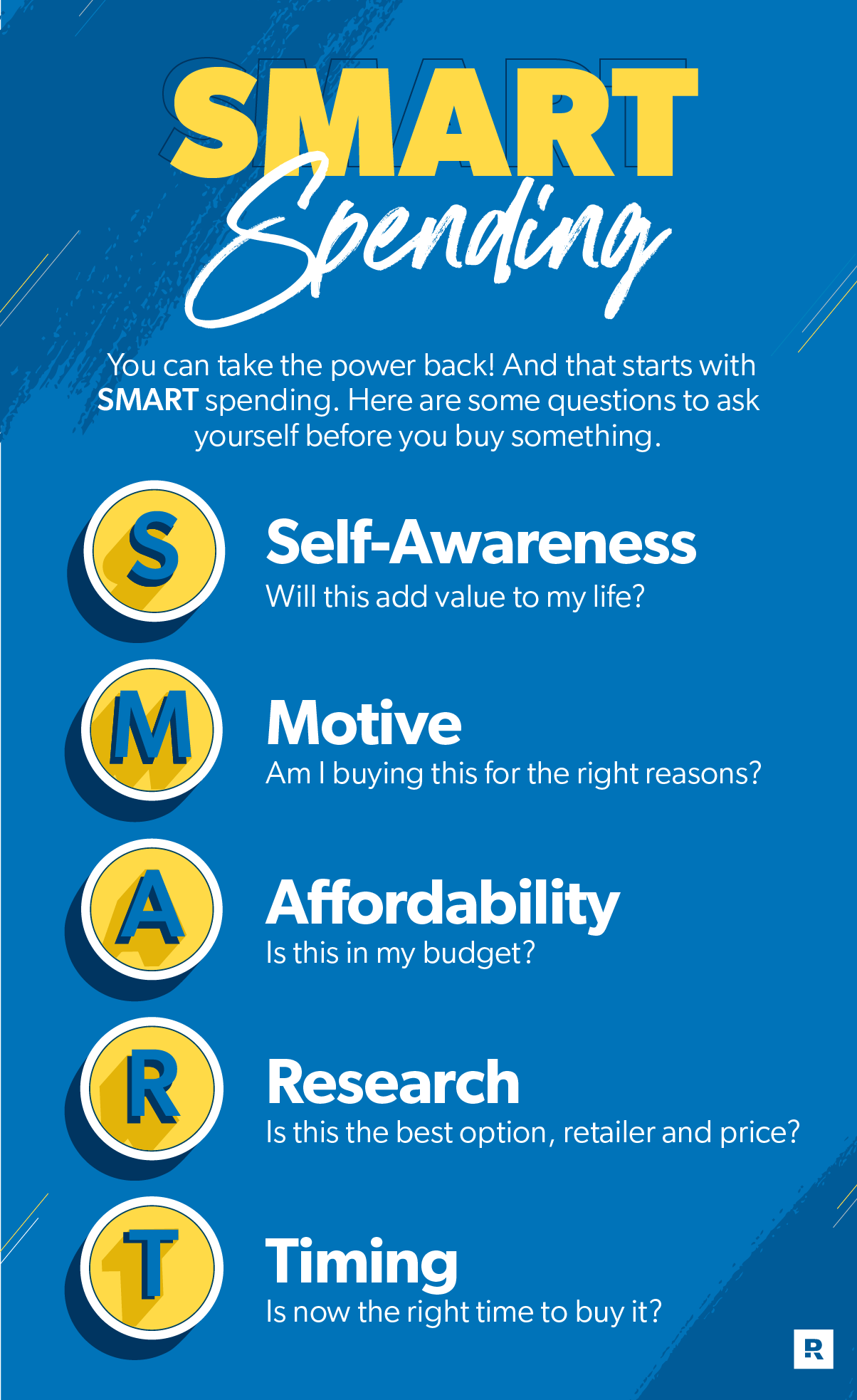
Read the full article here


